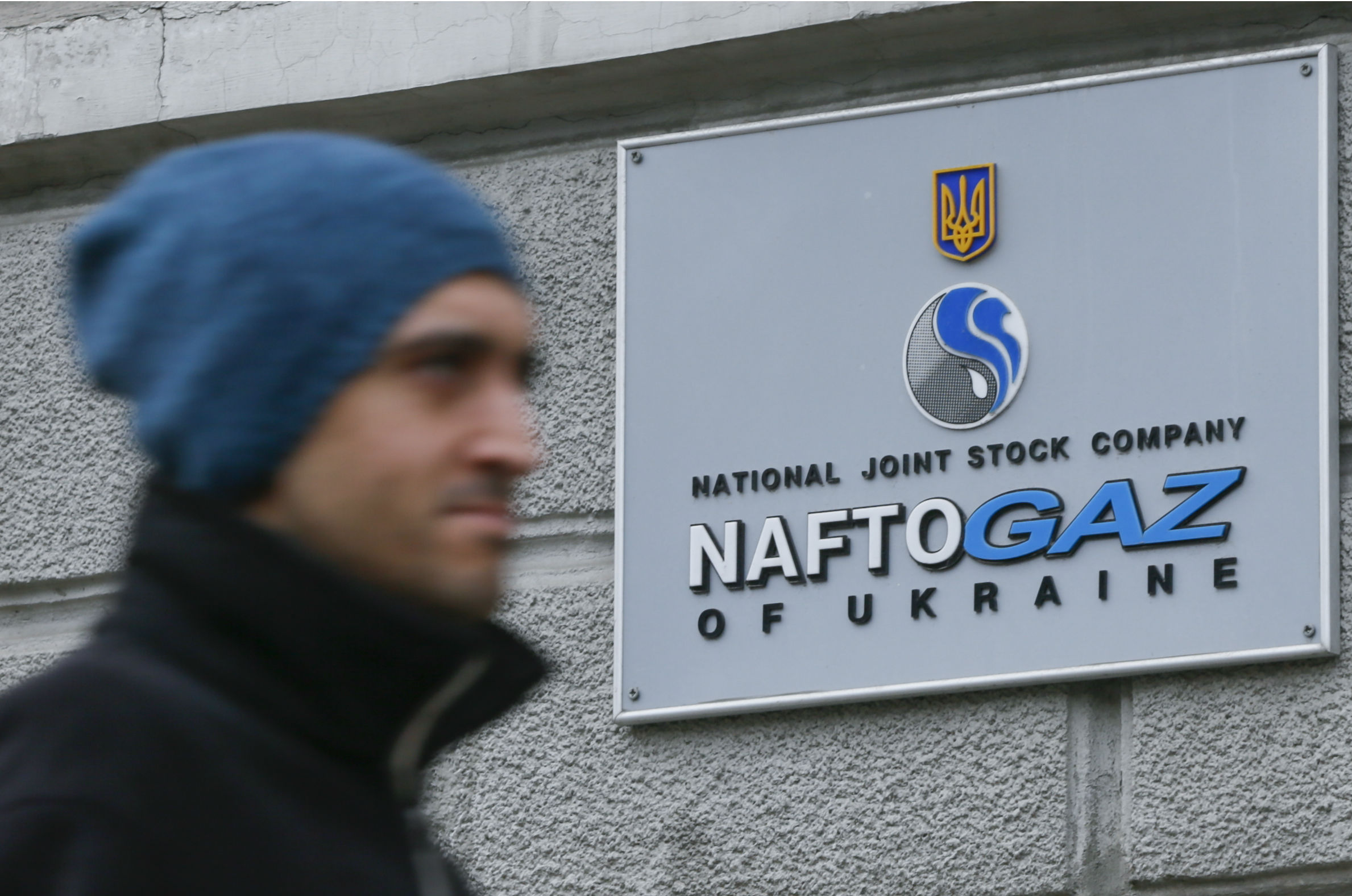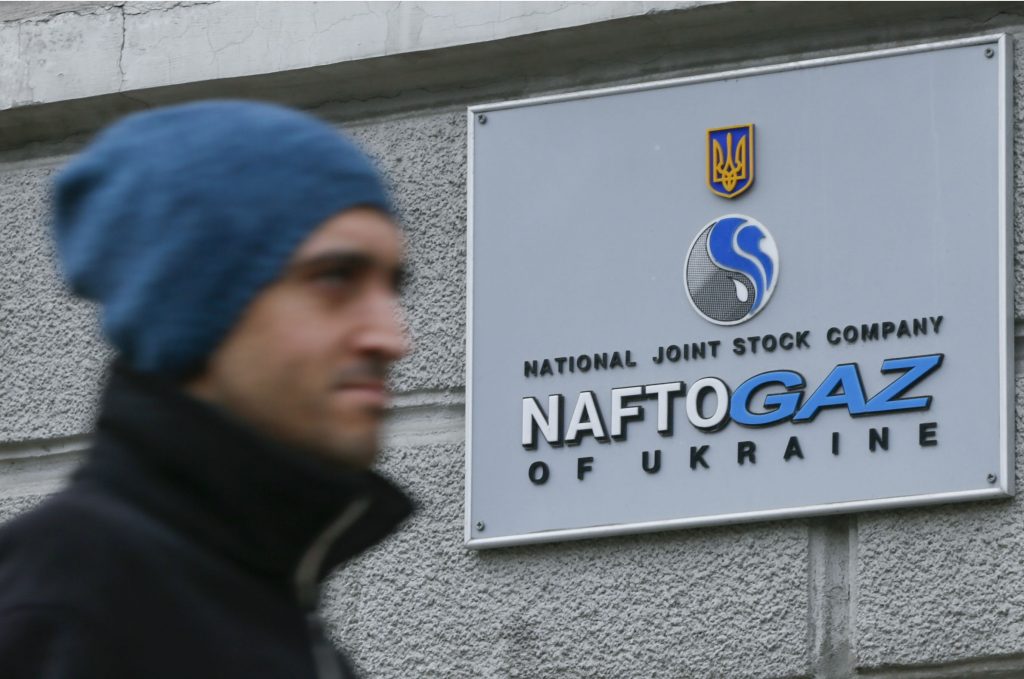 The energy sector is key to the success of Ukraine’s economic reforms, battle against corruption, and independence from Russia. Ukraine carried out far-reaching reforms to the energy sector in 2015; now it must complete the substantial reforms that have been undertaken.
The energy sector is key to the success of Ukraine’s economic reforms, battle against corruption, and independence from Russia. Ukraine carried out far-reaching reforms to the energy sector in 2015; now it must complete the substantial reforms that have been undertaken.
Energy is the linchpin of Ukraine’s dependence on Russia. The Kremlin has used energy as a weapon to exert leverage over Ukraine and control its leaders and power players. As such, the energy sector is a critical pillar in building an effective national security and economic strategy for Ukraine.
The Challenges
Ukraine possesses large energy resources, but the sector has been poorly managed and permeated with high-level corruption. Every year, a few gas traders in Russia and Ukraine have shared a few billion dollars in rents made on the trade between the regulated state prices and free prices, which were usually several times higher. Kremlin-connected gas traders have used these funds to exert influence on Ukrainian leaders.
Meanwhile, Ukrainian taxpayers have paid vast energy subsidies. Ukraine’s artificially low prices have led to excessive energy consumption and large current account deficits. This situation has diminished the legitimacy of the Ukrainian state, eroded people’s trust in government, and weakened the nation’s ability to stand up to Russian pressure and aggression. It is difficult to imagine a more damaging energy policy.
For 2012, the International Monetary Fund assessed the state energy subsidies at no less than 7.6 percent of GDP. In 2014, Ukraine’s domestic household prices for natural gas were at only 12 percent of the world market price level or cost recovery prices.
These large state subsidies did not simply undermine Ukraine’s public finances, but also its foreign trade balance. In the last pre-crisis year, 2013, Ukraine imported natural gas and oil for $18.6 billion, or 10 percent of GDP. This figure was larger than Ukraine’s 2013 current account deficit, which amounted to $16.3 billion.
Great Reform Achievements in 2015
Never before has a Ukrainian government carried out so many important energy reforms as in 2015.
The most important change of the reform process stipulated that from April 1, all household energy prices would increase by up to four times. The intention was to raise all subsidized energy prices to half the cost recovery, in order to reduce the fiscal cost of subsidizing the energy sector and to avoid further privileged arbitrage for insiders. The Ukrainian government extended conditional cash transfers to one-third of all households in order to make the increases in energy prices feasible.
Ukraine’s gas consumption was excessive, but now it has declined extraordinarily. Naftogaz statistics show that from 2013 to 2015, industrial consumption fell by 38 percent; household consumption by 33 percent; and heating and utilities by 29 percent. Naftogaz is expecting that Ukraine’s consumption of natural gas will fall by another 20 percent in 2016 to a mere 29 billion cubic meters, of which Ukraine itself will produce 20 billion cubic meters. Ukraine would only need to import 9 billion cubic meters, all of which could be imported from Europe.
While Ukrainian energy prices for households rose to the level of half the world market price, international energy prices also fell by roughly half in 2015. As a consequence, Ukraine’s energy prices now are at nearly the world market level. In 2015, Ukraine’s vast energy subsidies shrunk to probably just 1 percent of GDP, and they should be eliminated in 2016.
While detailed foreign trade statistics are not yet available, presumably Ukraine’s total energy bill has declined by nearly three-quarters to some $5 billion. This is a key reason why Ukraine has been able to achieve a balanced current account.
Ukraine has successfully diversified its imports of natural gas, so that it reduced its dependence on Gazprom by importing only 6.1 billion cubic meters of natural gas from the Russian company in 2015; the rest was imported from Europe.
Recommendations for the Ukrainian Government in 2016
Regardless of Ukraine’s impressive 2015 energy reform achievements, the country’s situation remains critical. The Ukrainian leadership should undertake the following ten steps to complete its energy reforms in 2016:
- Unify energy prices. Gas and electricity prices are currently close to international market prices, but they should be unified at the market level.
- Develop a real market for gas and electricity.
- Establish an independent energy regulator.
- Ensure full transparency by measuring flows and consumption of gas.
- Develop reasonable and stable taxation, as well as regulation of independent oil and gas producers.
- Break up Naftogaz.
- Continue improving corporate governance of state energy companies.
- Stop buying gas from Russia.
- Make gas transit from Russia orderly; it must become completely transparent and clearly separate from the Ukrainian gas trade.
- End the gas contract with Russia of January 2009.
Recommendations for the Transatlantic Community
The transatlantic community needs to weigh in and help Ukraine stand up against the unfair business practices of the Russian Federation and Gazprom, while also assisting the Ukrainian government with its domestic energy sector reforms.
- The EU and the United States need to support Ukraine in its decision to stop buying gas from Russia.
- The EU must ensure that gas transit through Ukraine is transparent and secure, and the United States should offer support.
- The EU should hold Gazprom accountable for violations to its competition policy, and the United States needs to use its influence to keep the EU true to its legal principles.
- The most plausible of the many corruption accusations against Gazprom need to be properly investigated by law enforcement in the respective countries.
- Implement the EU Third Energy Package in Ukraine.
- The EU and the United States need to support Ukraine in international governance institutions.
Anders Åslund is a senior fellow at the Atlantic Council and author of “Ukraine: What Went Wrong and How to Fix It.” This article is excerpted from a longer Issue Brief published by the Atlantic Council in April 2016.
Image: A man walks past the headquarters of the Ukrainian national joint stock company NaftoGaz in central Kyiv, Ukraine, March 15, 2016. REUTERS/Valentyn Ogirenko

